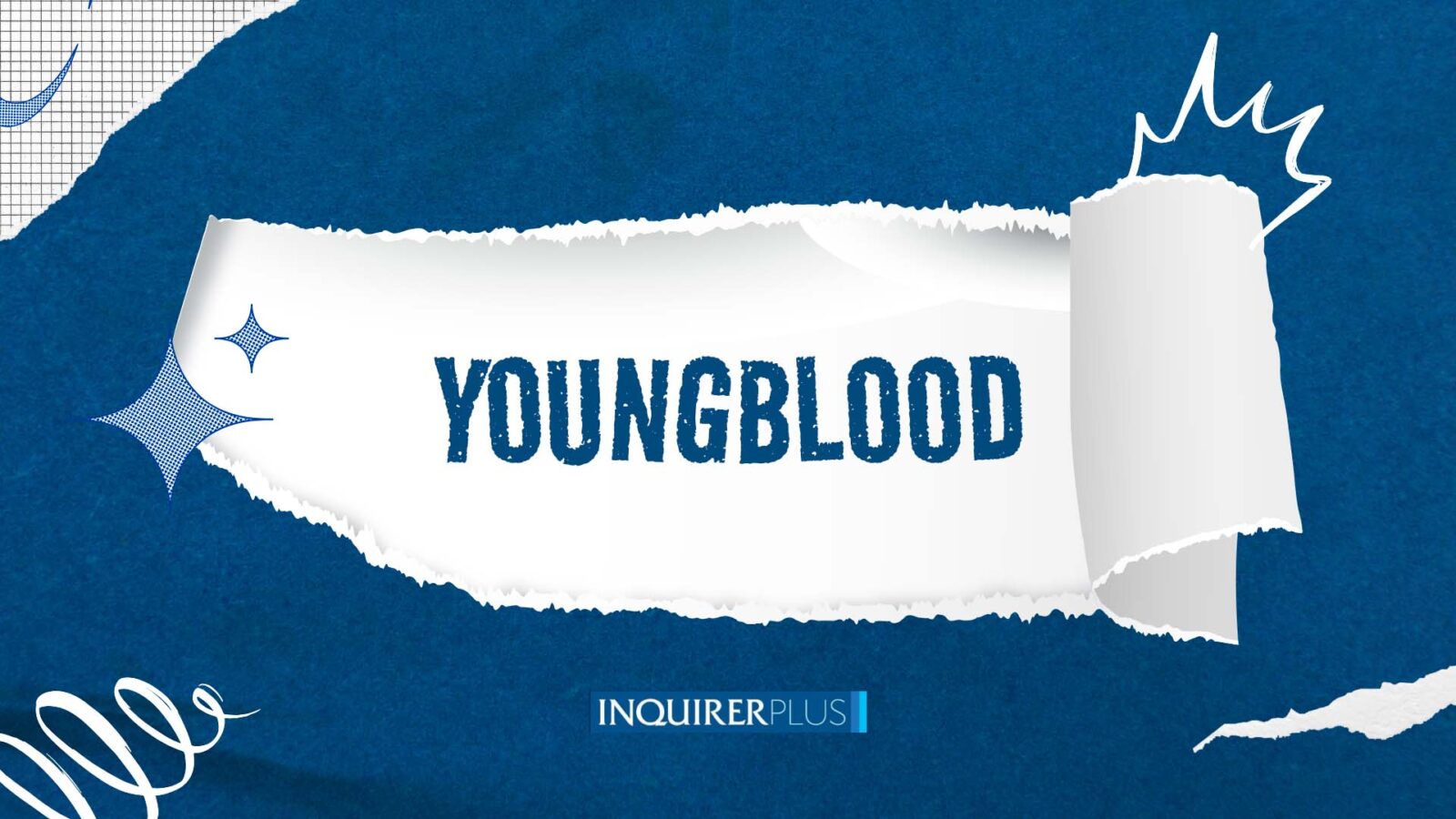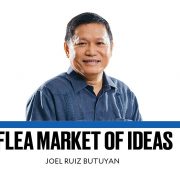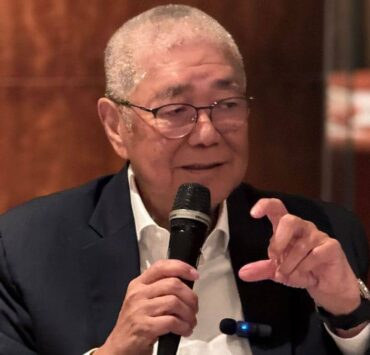The quiet accusation

They don’t have to say it out loud. I’ve learned to recognize the silence. Every time a professor mentions “Isis,” “Abu Sayyaf,” or “al-Qaeda,” I can feel the glances, the subtle shift in energy—the microscopic judgment in the air. The moment they know I’m Muslim, the perception shifts. Suddenly, I’m no longer pragmatic, realistic, or grounded. All the rapport I’ve built, all the ideas I’ve articulated in class, gone. Replaced by a whisper that echoes louder than words: terrorist.
It doesn’t matter that I’m defending myself. That I spend my days reading, writing, advocating not just for Muslims, but for all marginalized people. That my Islam is rooted in gentleness, discipline, humility, and peace. It doesn’t matter that Islamic civilization once nourished science, mathematics, and philosophy, foundations now falsely claimed as Western.
Once they find out I’m Muslim, the stains settle in: I must be uncivilized. I must be too political, don’t believe in science, secretly sympathize with violence. If I speak of self-determination, I must be justifying terrorism.
But we are a product of survival. I carry the blood of the Cordillera and the struggles of Mindanao. I come from peoples who’ve resisted erasure, first by colonizers, now by their own countrymen. I am Muslim not because I reject the nation, but because I reject the lie that this nation has treated us equally. I speak not to provoke guilt but because silence is a privilege reserved for those shielded from the violence of history.
At a national student congress in Baguio, I was initially excited to be in the mountains of my Igorot ancestry, but soon felt the weight of my identity in a non-Muslim space. I skipped meals out of caution, unsure if the food was halal, until the cafeteria staff began directing me to a separate table “for Muslims.” At first, it seemed accommodating, but as I was repeatedly moved away from peers, the kindness began to feel like quiet segregation.
The final dinner confirmed it: the halal food was deliberately placed to keep us apart. What seemed like courtesy masked discomfort with our presence. The staff said, “The halal food was just placed there so you’d stay in that corner.” Another said, “Maybe you should sit, then we won’t have any problem.”
We were being herded. Not with slurs or shouts, but with invisible lines as if our presence was an inconvenience. It wasn’t just about food. It was about being seen as less than Filipino. About being made to feel like a threat in the archipelago where my people bled, farmed, and prayed long before a republic ever existed.
Then a professor once said, “There were no religious persecutions in the Philippines, unlike in Myanmar. Here it’s just political.”
Do I need to remind non-Muslims that innocent Muslims were massacred solely because they were stereotyped as sympathizers of Muslim separatists, or accused of being separatists themselves just because they were Muslims? And don’t get me started on why Muslim separatists formed in the first place. It’s because we were treated as second-class citizens. We were betrayed, displaced, and silenced, and no one cared to listen. Jabidah, Palimbang, Manlili, Malisbong, Tacub massacres where innocent Muslims were killed, tortured, even during Ramadan, even in mosques. Tell me again that religion had nothing to do with it.
Why must we always explain ourselves? Condemn attacks we didn’t commit? But when the state bombs our towns, displaces our families, violates our rights, no one else has to answer.
We’re told to say “Not all Muslims” just to be seen as human. But who ever says “Not all Christians” when atrocities are committed in the name of the cross? Who says “Not all Filipinos” when injustice is carried out by the state?
This is the double standard: our prayers are threats, our identities suspect, our resistance criminal, our rights treated as favors.
When we ask for halal food, we’re “demanding special treatment.” When we ask for prayer spaces, we’re “imposing religion.” When we advocate for autonomy, we’re “separatists.” When we reclaim land, we’re called “terrorists.”
But what do you call a state that burned Muslim villages? That exploited Igorot lands? That erase our memory with textbooks and someone else’s history? Is that not terror? And still, we’re told faith was never part of the struggle. But history says otherwise. Muslim separatists didn’t emerge from a vacuum. They rose from betrayal. From a republic that only recognizes us if we delude ourselves, erase our pain, and stay quiet.
They reduce us. They stereotype us. And when we speak, we’re called divisive. But I will not apologize for being Muslim, Igorot, and unafraid. And if speaking the truth makes me “extreme,” then maybe the real extremism is the centuries-long silence imposed on our pain.
As-salāmu ʿalaykum.
—————-
Son Oller Panganiban, 22, is a Muslim writer, researcher, and advocate with Igorot ancestry and Mindanao roots, currently studying International Studies at Far Eastern University.





















